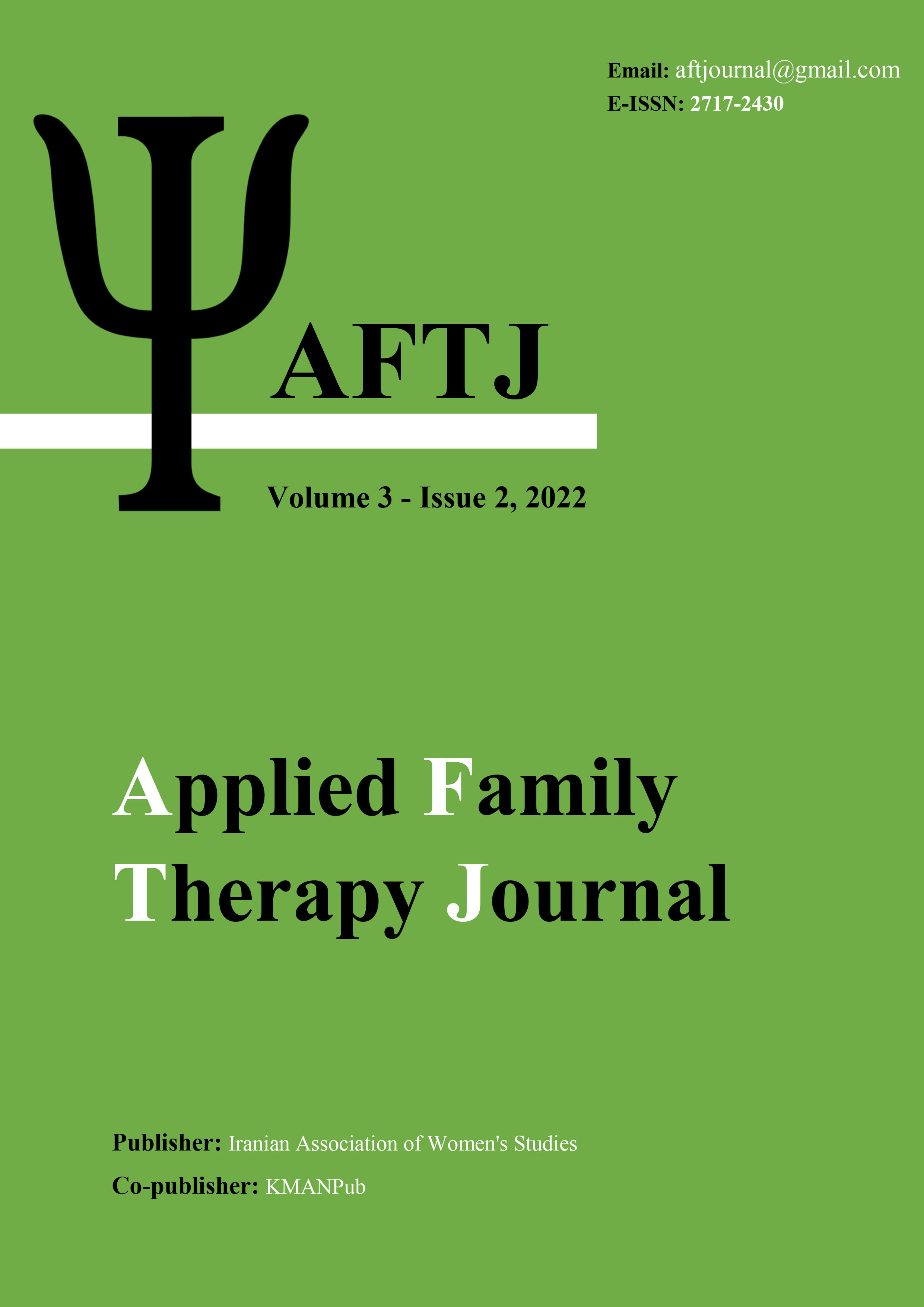Comparison of the effectiveness of couple therapy based on acceptance and commitment with cognitive-behavioral couple therapy on marital conflict and cognitive flexibility in married women with marital boredom
Keywords:
Couple Therapy, Acceptance and Commitment, Cognitive-Behavioral, Cognitive Flexibility, Marital Conflict, Marital BoredomAbstract
Aim: The aim of this study was to compare the effectiveness of couple therapy based on acceptance and commitment with cognitive-behavioral couple therapy on marital conflict and cognitive flexibility in married women. Methods: The research was quasi-experimental with pre-test and post-test design with control group and three-month follow-up period. The statistical population included all married women with marital boredom who referred to counseling centers in Rasht in 1400, which was selected by available sampling method of 60 people and were assigned to three groups of 20 people. Data collection was performed in addition to the demographic information checklist with the Marital Boredom Questionnaire, the Marital Relationship Questionnaire and the Cognitive Flexibility Questionnaire. For the subjects of the experimental groups (both intervention programs), 12 sessions were performed, one session per week for 1 hour. In addition to descriptive statistical methods, data analysis was performed by repeated measures analysis of variance. Results: The results showed that in the post-test stage there was a significant difference between the total score of cognitive flexibility and its dimensions in the three groups (P <0.05). Also, the results showed that in the post-test stage, there is a significant difference between the score of marital conflict and its dimensions in individuals participating in intervention programs with control individuals (P <0.05). This difference was also persistent in the follow-up stage (P <0.05). Conclusion: Also, the results of Ben Foroni post hoc test showed that there is a significant difference in the effectiveness of two couples therapy methods on dependent variables, so that the effect of acceptance and commitment to cognitive-behavioral method on marital conflict and improve psychological flexibility usefulness Has had more.
Downloads
Downloads
Published
Issue
Section
License

This work is licensed under a Creative Commons Attribution-NonCommercial 4.0 International License.





















